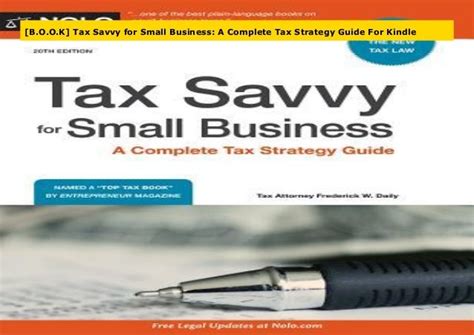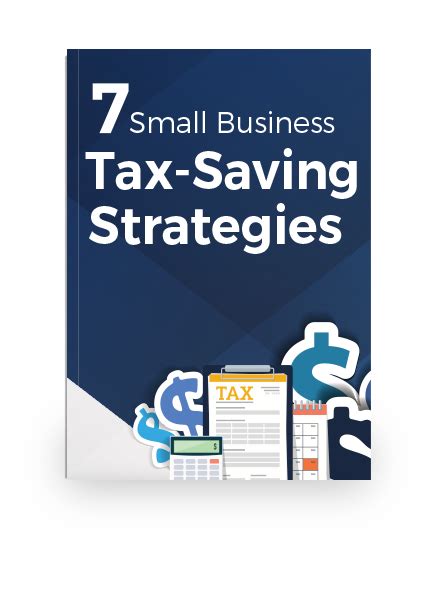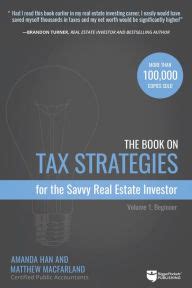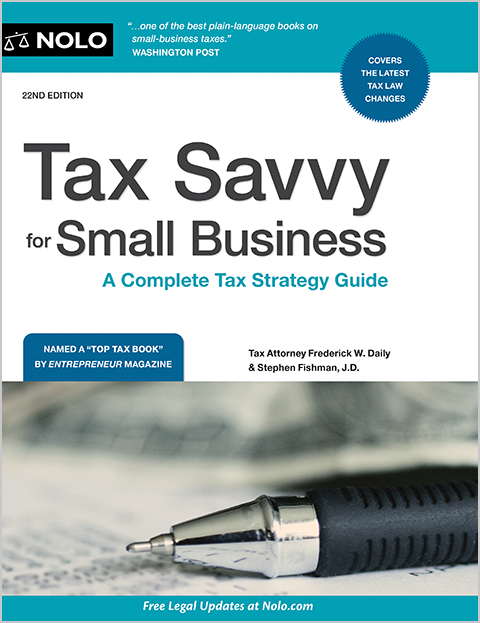Renting a home comes with a unique set of challenges, and understanding your rights as a tenant is essential to ensuring fair treatment. Whether you’re facing an eviction, dealing with unsafe living conditions, or experiencing a dispute with your landlord, free legal assistance is available to help you protect your rights. This guide provides valuable insights into accessing free tenant lawyer advice, from key legal protections to resolving common rental disputes. You’ll also find expert tips on gathering essential documents and navigating the legal process effectively. With the right resources and support, tenants can confidently address their legal concerns and achieve favorable outcomes in their cases.
Join bzcat.xyz for a detailed examination of this topic.
1. Overview of Free Legal Services for Tenants
Tenants often face legal challenges, such as unfair evictions, security deposit disputes, or landlord negligence. However, many tenants lack the financial resources to hire legal counsel. Fortunately, numerous free legal services are available to assist tenants in these situations. These services provide legal aid at no cost, ensuring access to justice for all, regardless of income. Organizations such as legal aid societies, nonprofit groups, and pro bono lawyer networks specialize in tenant law and offer their expertise to those in need. These services empower tenants to understand their rights, navigate complex legal processes, and resolve disputes effectively. By utilizing these free resources, tenants can safeguard their rights and achieve fair outcomes in their rental situations, even when facing difficult landlords or complicated legal matters. With easy access to these services, tenants can protect themselves without the financial burden of legal fees, ensuring their living conditions and agreements are upheld fairly.

2. How to Access Free Tenant Lawyer Advice Online
Finding free legal advice for tenants online is now easier than ever. Many platforms have emerged that provide legal support without charging exorbitant fees. Whether you’re dealing with an eviction, need guidance on landlord disputes, or want to understand your rental agreement, there are various trustworthy online resources available to help.
To begin, search for legal aid websites that offer pro bono services tailored to tenants. Resources like Legal Aid, LawHelp.org, and the National Housing Law Project provide extensive guides, frequently asked questions, and access to complimentary legal consultations. Many of these platforms enable you to specify your location and specific legal issue, facilitating connections with local legal aid offices or pro bono attorneys specializing in tenant law.
Moreover, certain nonprofit organizations offer online chat services or virtual consultations with experienced lawyers. Platforms like JustAnswer and Avvo provide access to legal experts who can answer your questions promptly, although some may restrict the amount of free services available.
Social media and community forums can also be a valuable source of free advice. Groups dedicated to tenant rights often feature experienced members or volunteer attorneys who can provide guidance. Although these forums are not a substitute for professional legal consultations, they can offer helpful insights and point you towards the right resources.
Through online resources, tenants can easily access free legal services, providing them with the support they need to safeguard their rights.

3. Key Tenant Rights and Protections Explained
A fair and safe rental experience hinges on knowing your rights as a tenant. Federal, state, and local laws safeguard tenants, preventing unjust treatment by landlords and promoting well-being. A key right is the right to a habitable living environment. This means your rental unit must meet essential health and safety standards, including functional utilities, structural soundness, and timely repairs.
Tenants enjoy the right to privacy within their homes. Landlords are prohibited from entering without providing adequate notice, usually between 24 and 48 hours, unless a genuine emergency arises. Security deposit regulations offer further tenant protection. Landlords are obligated to manage deposits responsibly, returning them promptly and providing a detailed explanation of any deductions for damages.
Beyond these fundamental rights, tenants enjoy protection from retaliatory actions by landlords. Landlords are prohibited from taking adverse measures, such as increasing rent or initiating eviction proceedings, in response to tenants’ complaints about unsafe conditions or requests for repairs. Furthermore, tenants are shielded from unfair eviction practices, mandating landlords to adhere to established legal procedures before removing a tenant from the property.
By understanding their fundamental rights, tenants can more effectively speak up for themselves and create a rental environment that is both just and compliant with the law.

4. Tips for Navigating Common Rental Disputes
Rental disputes can be difficult to navigate, but understanding your rights and approaching the situation strategically can help resolve issues more effectively. Maintaining clear communication with your landlord is crucial. Document all interactions, especially regarding repairs, maintenance, or rent issues, and keep copies of emails, texts, or letters for reference.
If you experience problems like outstanding repairs or a withheld security deposit, send your landlord a written notice outlining the issue and the specific actions you’d like them to take. Cite any relevant laws that support your request. If your landlord refuses to cooperate, consider seeking mediation. Many cities provide tenant-landlord mediation services as an alternative to court proceedings, offering a peaceful avenue for resolving disputes.
When facing serious legal violations like illegal evictions or unsafe living conditions, seeking legal assistance is often crucial. Free tenant lawyer services can provide valuable guidance, helping you file complaints, negotiate with your landlord, or pursue legal action if necessary. By staying informed and diligently documenting all incidents, you can navigate disputes with confidence and effectively protect your rights as a tenant.
5. Essential Documents and Evidence for Tenant Cases
To ensure a strong legal position when facing disputes as a tenant, maintaining proper documentation is essential. A crucial piece of evidence is your lease or rental agreement, which outlines the terms of your tenancy and establishes your legal rights. Carefully review this document and refer to specific clauses when navigating disagreements with your landlord.
It is crucial to maintain a comprehensive record of all interactions with your landlord. This includes preserving emails, letters, and text messages that pertain to significant matters such as maintenance requests, complaints, and rent payments. For any verbal communication, always send written confirmation to establish a clear paper trail.
Photographs and videos serve as crucial evidence, especially when documenting property damage, unsafe conditions, or repairs. It is essential to date all images and record any relevant conversations or interactions that substantiate your claims.
When facing rent disputes or security deposit problems, having bank statements and rent receipts is crucial to demonstrate your payment history. Additionally, it’s wise to keep copies of utility bills if they are relevant to your situation.
Should a dispute progress to formal legal proceedings, well-organized and complete evidence is crucial in bolstering your case. The more detailed and thorough your documentation, the stronger your ability to safeguard your rights and achieve a favorable resolution.
6. Pro Bono Legal Organizations Specializing in Tenant Law
Several pro bono legal organizations specialize in tenant law, offering free legal assistance to individuals who cannot afford private attorneys. These organizations are critical for tenants facing eviction, rental disputes, or unsafe living conditions. One of the most prominent examples is the Legal Aid Society, which provides comprehensive services to tenants in need. They help tenants understand their rights, negotiate with landlords, and represent them in court if necessary.
LawHelp.org serves as a vital resource for tenants, connecting them with local pro bono attorneys and legal aid offices. The website also offers educational materials on tenant rights, empowering tenants with the knowledge they need before pursuing legal action. On a broader scale, the National Housing Law Project champions housing rights by assisting tenants in navigating issues such as discrimination, illegal evictions, and housing instability.
Besides these larger organizations, numerous cities have local tenant advocacy groups and bar associations that provide pro bono services. For instance, the Volunteer Lawyers Project and the Tenant Rights Project offer free legal assistance in specific areas, enabling tenants to resolve disputes with landlords and guaranteeing their rights are upheld.
These organizations are crucial in guaranteeing that all tenants, irrespective of their income, receive access to legal aid and justice when facing intricate housing matters.
7. Step-by-Step Guide to Requesting Legal Assistance
Getting legal help as a tenant requires a strategic approach to ensure you receive the right support. Begin by pinpointing the specific legal issue you’re facing, such as an eviction notice, unsafe living conditions, or a disagreement with your landlord. By clearly defining your problem, you can then seek the most appropriate legal assistance for your unique situation.
First, compile all pertinent documents, such as your lease agreement, correspondence with your landlord, and any evidence of problems, like photographs or repair requests. This documentation is essential for clearly presenting your case to a legal professional.
To find legal assistance, research and contact pro bono legal organizations or local legal aid offices. Websites such as LawHelp.org or the Legal Aid Society can connect you with resources specific to your needs. Contact these organizations, briefly describe your situation, and ask about their intake process.
After making contact, carefully adhere to their instructions for submitting documentation and scheduling consultations. Be prepared to provide comprehensive details about your case during any initial consultations or interviews.
If your application is accepted, it is crucial to collaborate closely with your assigned attorney or legal aid representative. Follow their guidance, keep them informed about any new developments in your case, and be diligent in meeting all deadlines for required documentation and legal filings. Adhering to these steps will ensure you receive the necessary legal support to successfully address your tenant concerns.
Navigating tenant legal issues can be complex, but access to free legal resources and a clear understanding of your rights can make a significant difference. By leveraging free legal services, gathering essential documents, and seeking advice from specialized pro bono organizations, you can effectively address rental disputes and protect your interests. Remember to stay informed, document everything, and follow the guidance of legal experts. With these tools and resources, you can confidently tackle rental challenges and ensure your rights as a tenant are upheld.
bzcat.xyz
